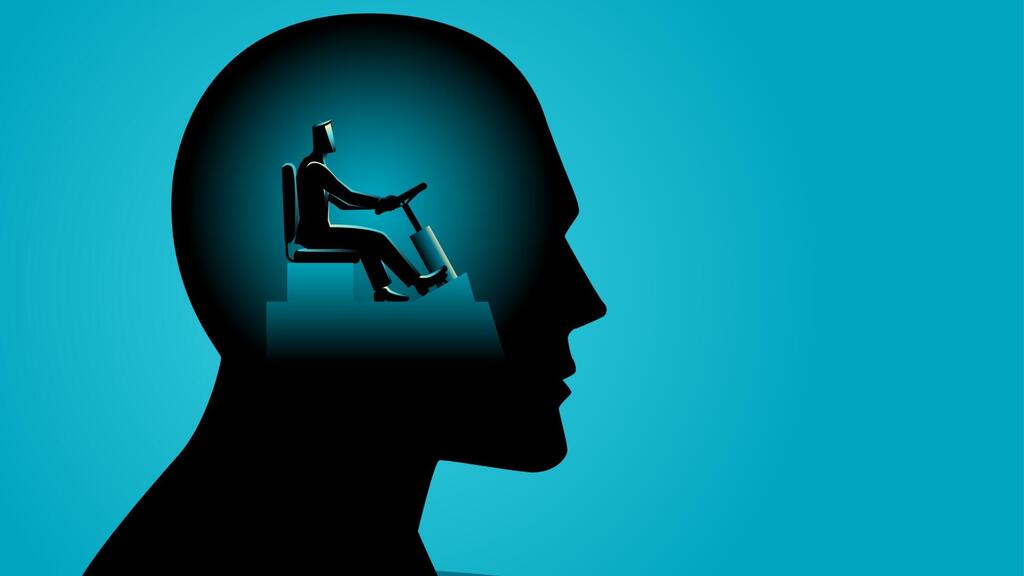A first-of-its-kind study by researchers from Israel’s Tel Aviv University (TAU) found that political views and alignment can be foretold by brain activity.
In the study, published in the Journal of Neuroscience, the brains of dozens of politically involved participants were studied while they watched campaign ads and speeches by parties from both ends of the political spectrum, just before one of the last rounds of elections in Israel
Participants, half of them right-wing and half left-wing, were scanned using magnetic resonance imaging – a method that measures brain activation. In doing so, it was found that political-dependent differences in the brain response emerged already in brain regions involved in vision, hearing, and movement.
In fact, the response in such regions was enough to predict an individual's political orientation.
The researchers noted that the brains of the right-wing participants were synchronized while they watched right-wing stimuli, whereas left-wing participants’ brains were as well when watching left-wing stimuli.
"The more the subjects were politically aligned with a certain group, the more their brain response was synchronized,” said Dr. Yaara Yeshurun of TAU’s School of Psychological Sciences and the Sagol School of Neuroscience.
2 View gallery


Political affiliations can be determined by examining the most basic parts of our brain
(Photo: Shutterstock)
“Just by the brain’s response in these primary sensory areas we could tell if a certain individual was left- or right-wing,” she said.
During the study, which was led by research student Noa Katabi, participants watched video clips, including a neutral ad, different political campaign ads, and speeches by politicians from both blocs. The researchers were surprised to discover widespread partisanship-dependent brain activation and synchronization – and that it was not limited to “higher” areas of the brain associated with interpretation and abstract thinking, as was previously thought.
"At the most basic brain level, rightists and leftists in Israel literally don't see and hear the same things,” Dr. Yeshurun claimed.
“If we try to understand how people who hold opposite political views to ours experience the world, we might be able to conduct a slightly more effective public discussion that can hopefully attenuate the current political polarization.”


